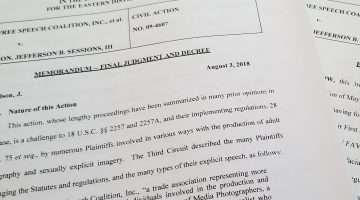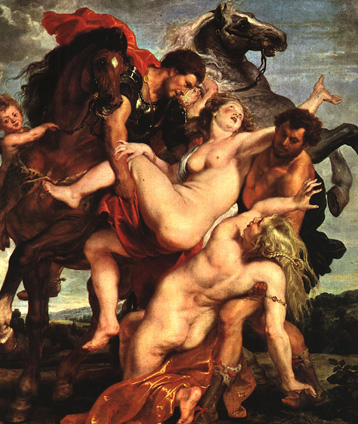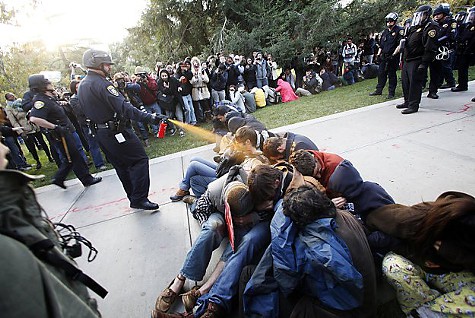 HELENA, MT – A May 20 opinion by the Montana Supreme Court has affirming a lower court ruling that exotic dancers are not independent contractors, but employees subject to regulatory review and protection by the Montana Department of Labor and Industry.
HELENA, MT – A May 20 opinion by the Montana Supreme Court has affirming a lower court ruling that exotic dancers are not independent contractors, but employees subject to regulatory review and protection by the Montana Department of Labor and Industry.
The case reaches back several years, to 2003, when the Playground Lounge and Casino in Great Falls, Montana, changed the way it paid its dancers.
Prior to January 1, 2003, the lounge paid its dancers $5.15 an hour to perform in the lounge, withholding taxes from the wages and maintaining appropriate employee records. In addition to being paid to dance on the stage, dancers were also allowed to perform private dances for customers off stage, for which they would negotiate a fee directly with the patron.
In addition to the fee from the customer, the dancer remained “on the clock” for purposes of her hourly wage, arguably receiving double payment during private dances. To make up for that difference, the Playground charged dancers a $5 fee for each “lap” dance performed and a $10 fee for each “hostage” dance.
Beginning January 1, 2003, however, the Playground began requiring each dancer to sign a contract reflecting the change in the financial arrangements.
“Under this Rental Agreement,” the opinion says, “the dancers would no longer be paid an hourly wage. Instead, they would be considered ‘independent contractors,’ and they would pay a fee to ‘rent’ the stage and a dressing room for every night they worked. In return, they were allowed to retain all tips and dance fees they received from customers.”
Initially, the stage fee was $15 for each Sunday, Monday, Tuesday and Wednesday evening, and $20 for Friday and Saturday evenings, but within a month the fees were raised and new ones were added. Four dancers, who no longer work at the lounge, filed claims in 2003 with the state’s Department of Labor and Industry, alleging they were being unfairly categorized as independent contractors. As employees, they claimed they were due regular and overtime wages, and each filed claims for monetary reimbursement by the club. The club disputed, asserted they were not employees.
The Department’s Wage and Hour Unit asked for a determination of employment status from the Independent Contractor Central Unit (ICCU), which determined the dancers were employees. A subsequent ruling by a compliance specialist determined that the new employer/employee
agreements were null and void and that the dancers were entitled to reimbursement of stage fees they had paid to the Playground.
The lounge appealed, and the case would its way through Montana’s legal system until reaching the high court, which found not only that the state agencies had correctly ruled throughout, but that the Playground employer/employee agreement had been designed to “circumvent Montana wage laws and to secure the services of the dancers in a manner that financially benefitted the Playground, and constituted contracts of adhesion.”
In agreeing with the finding that “Void employer/employee contracts, unlawful kick-backs, and improper withholdings or deductions are all employment matters addressed and regulated by the wage statutes and regulations,” the court found clearly for the dancers over the lounge, and ordered that wages and penalties to be determined by the Department of Labor be paid to the former employees.











No Comment